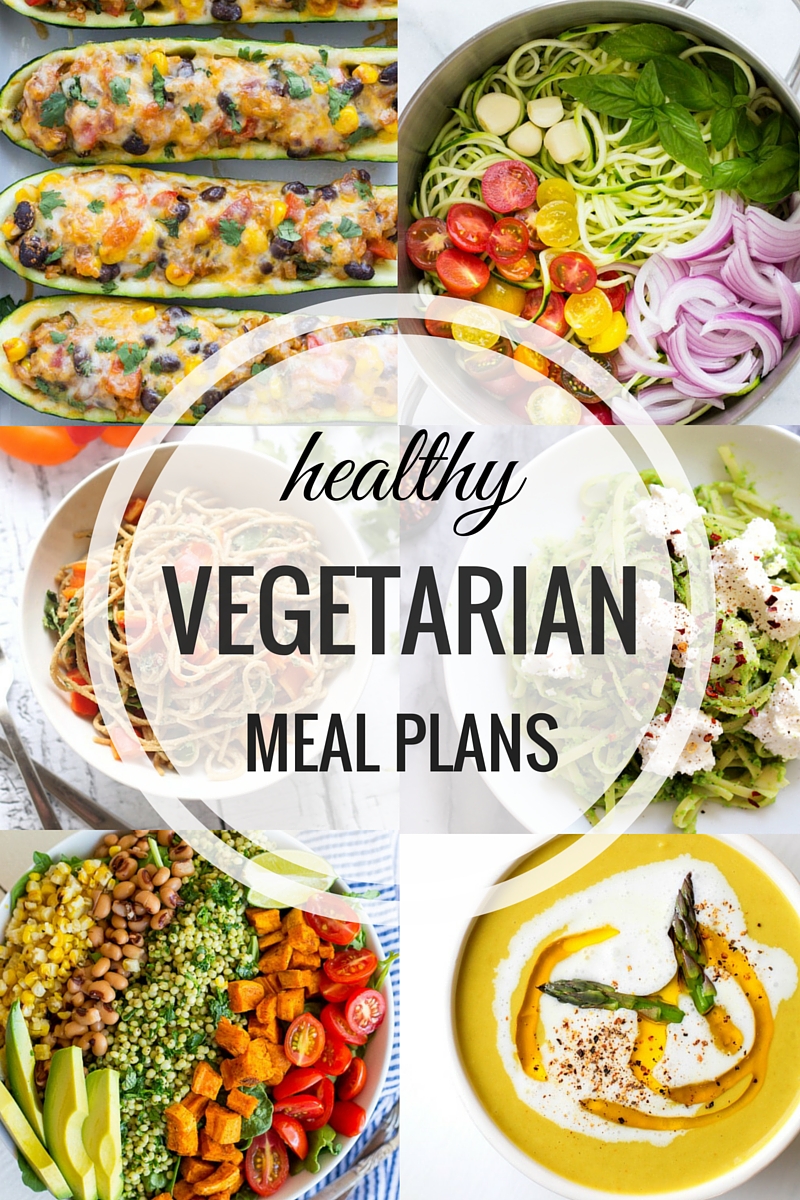

Therefore, more research is needed to understand how vegetarianism may impact cancer risk. Keep in mind that some studies have turned up inconsistent findings ( 12, 13). However, current research is limited to observational studies, which cannot prove a cause-and-effect relationship. Some research suggests that a vegetarian diet may be linked to a lower risk of cancer - including those of the breast, colon, rectum and stomach ( 9, 10, 11). Plus, a study in nearly 61,000 adults showed that vegetarians tend to have a lower body mass index (BMI) than omnivores - BMI being a measurement of body fat based on height and weight ( 8). Similarly, a six-month study in 74 people with type 2 diabetes demonstrated that vegetarian diets were nearly twice as effective at reducing body weight than low-calorie diets ( 7). In fact, one review of 12 studies noted that vegetarians, on average, experienced 4.5 more pounds (2 kg) of weight loss over 18 weeks than non-vegetarians ( 6). Switching to a vegetarian diet can be an effective strategy if you’re looking to lose weight. In fact, studies show that vegetarians tend to have better diet quality than meat-eaters and a higher intake of important nutrients like fiber, vitamin C, vitamin E and magnesium ( 4, 5).Ī vegetarian diet may provide several other health boosts as well. Vegetarian diets are associated with a number of health benefits. Other variations involve the inclusion or exclusion of eggs, dairy and other animal products. Most people who follow a vegetarian diet don’t eat meat, fish or poultry.

There are several forms of vegetarianism, each of which differs in their restrictions. Others decide to become vegetarian for environmental reasons, as livestock production increases greenhouse gas emissions, contributes to climate change and requires large amounts of water, energy and natural resources ( 2, 3). People often adopt a vegetarian diet for religious or personal reasons, as well as ethical issues, such as animal rights. The vegetarian diet involves abstaining from eating meat, fish and poultry.


 0 kommentar(er)
0 kommentar(er)
